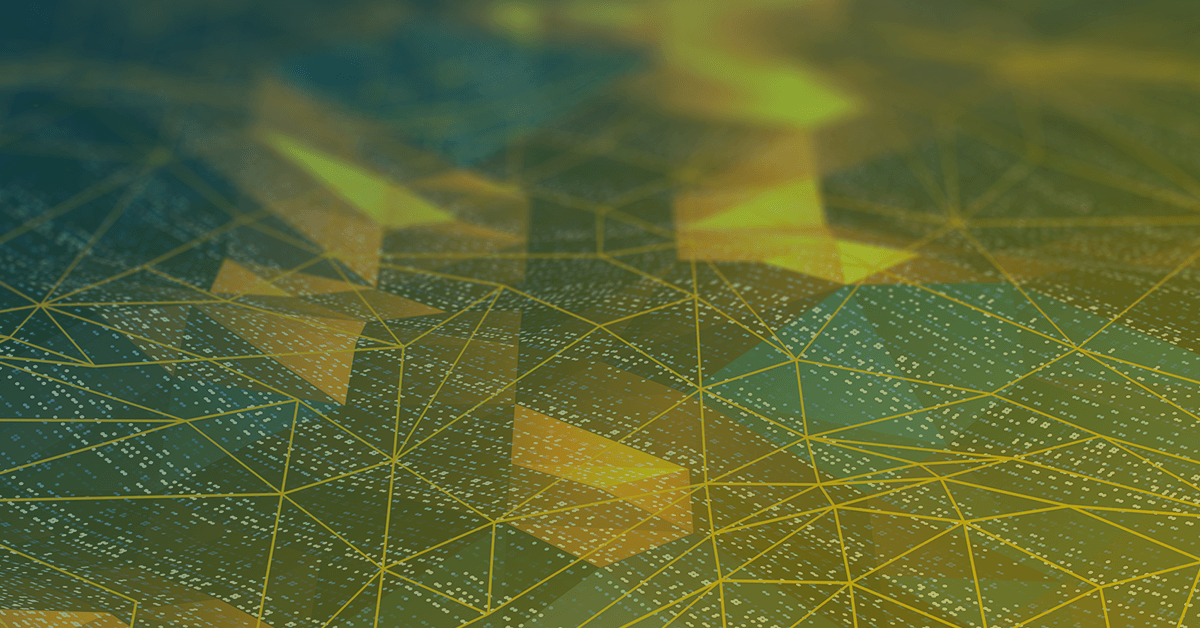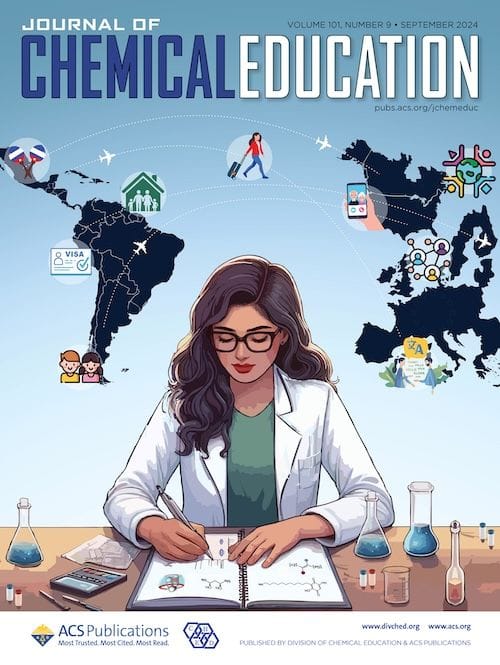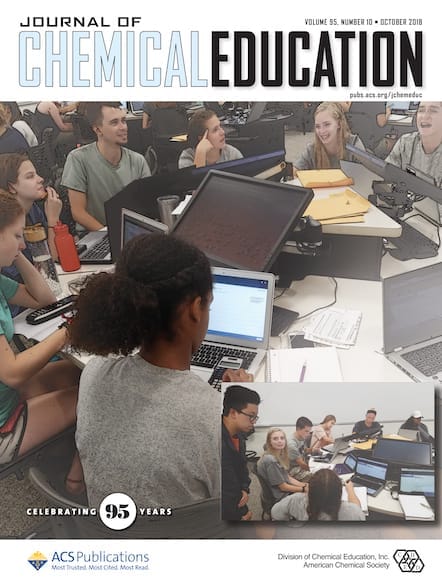This Special Issue seeks to highlight novel teaching approaches and research in materials education and design education while offering a platform to exchange best practices for incorporating sustainability and artificial intelligence into educational programs. Submit your manuscript by October 1, 2025.

This Special Issue from the Journal of Chemical Education invites contributions from both the academic and industrial sectors of the materials community. We seek to highlight novel teaching approaches and research in materials education and design education while offering a platform to exchange best practices for incorporating sustainability and artificial intelligence (AI) into educational programs. A more complete description of the Special Issue can be found in the Call for Papers Editorial in the December 2024 issue of the Journal. The deadline for submissions is October 1, 2025.
We encourage authors to present their innovative teaching strategies and discuss the impact these approaches have had on students’ attitudes toward learning materials chemistry, their views on laboratory work, or their understanding of new concepts. Potential topics for manuscripts may include, but are not limited to, one or more of the following key areas that will shape the future of materials and design for education:
AI in Teaching and Learning
- Implementation of AI tools for personalized learning in materials science
- Machine learning applications in materials discovery and their integration into curriculum
- AI-assisted laboratory experiments and data analysis
Integrating Sustainability into the Curriculum
- Case studies on incorporating life cycle assessment in materials selection courses
- Teaching methodologies for sustainable materials design
- Integration of circular economy principles in materials engineering education
Innovative Assessment Design
- Project-based learning approaches in materials education
- Novel methods for evaluating design thinking in materials courses
- Implementation of peer assessment and collaborative learning in materials laboratories
Novel Teaching and Learning Approaches
- Virtual and augmented reality applications in materials education
- Strategies for enhancing student career readiness and measurement of effectiveness in materials and engineering design education
- Interdisciplinary approaches to teaching materials science and engineering
Industry Approaches
- Industry–academia partnerships for enhancing materials education
- Integration of real-world industry challenges into course projects
- Developing soft skills and professional competencies in materials engineering students
Organizing Editors
ZhiLi Dong is an Associate Professor at Nanyang Technological University, Singapore. He received his B.Eng. degree and Ph.D. degree in metallic materials engineering in 1984 and 1989, respectively. Prof. Dong developed his research in the areas of materials engineering, synthesis of geo-mimetic materials, crystal structure/electronic structure–property relationships, and interface structure analysis. He has more than 30 years experience in X-ray diffraction and transmission electron microscopy of materials and published the textbook Fundamentals of Crystallography, Powder X-ray Diffraction, and Transmission Electron Microscopy for Materials Scientists.
Arlindo Silva is an Associate Professor and Program Director for the Master’s in Innovation by Design at the Singapore University of Technology and Design. He holds a Ph.D. in Mechanical Engineering and has over 30 years of experience in teaching and research. His current research focuses on engineering design, product development, creativity, materials selection methodologies, additive manufacturing for composite structures, and managing uncertainty in design. He has published over 200 papers in journals, conferences, and book chapters, filed more than 50 patents, and authored or coedited five books on engineering and design-related topics.
Teik-Cheng Lim is an Associate Professor and Head of the Ph.D. (Engineering) program at the Singapore University of Social Sciences. He won a Faculty of Engineering Annual Book Prize for his undergraduate studies at the National University of Singapore and was subsequently awarded a research scholarship to pursue his Ph.D. at the same university.
Leonard W. T. Ng is an Assistant Professor at Nanyang Technological University, Singapore. His research focuses on nanomaterials and their applications in energy storage devices.
Rui A. Gonçalves is a Lecturer at Nanyang Technological University, Singapore. His research focuses on the formulation and characterization of complex self-assembly systems and the molecular organization of polymers and surfactants. He mentors undergraduate researchers in projects related to materials chemistry and education with an emphasis on sustainable materials and innovative teaching methodologies.
Submission Information
We welcome submissions for this Special Issue through October 1, 2025. Manuscripts should align with the principles outlined in the Author Guidelines for the Journal of Chemical Education and can be submitted using any of the manuscript types listed. Authors are strongly encouraged to use the JCE-specific manuscript template, which contains prompts for required manuscript components; using the manuscript template aids in creating documents that are easier to review and publish. Authors considering submission of manuscripts to be considered Chemical Education Research should take note of the content requirements outlined by the Journal.
Papers accepted for publication for this Special Issue will be available ASAP (as soon as publishable) online. After all submissions have been published, they will then be compiled online on a dedicated landing page to form the Special Issue. Manuscripts submitted for consideration will undergo the full rigorous peer review process expected from ACS journals.
Open Access: There are diverse open access options for publications in American Chemical Society journals. Please visit our Open Science Resource Center for more information.
How to Submit
- Log in to the ACS Publishing Center.
- Select the "Journals" tab.
- Choose the Journal of Chemical Education.
- Click "Submit."
- Select your manuscript type, and, under "Special Issue Selection," choose “Teaching Innovation in Materials Science and Engineering Design."
Inquiries regarding the suitability of a manuscript topic can be directed to Leonard W. T. Ng at leonard.ngwt@ntu.edu.sg or Rui A. Gonçalves at rui.goncalves@ntu.edu.sg. Questions regarding the submission process can be directed to eic@jce.acs.org.

